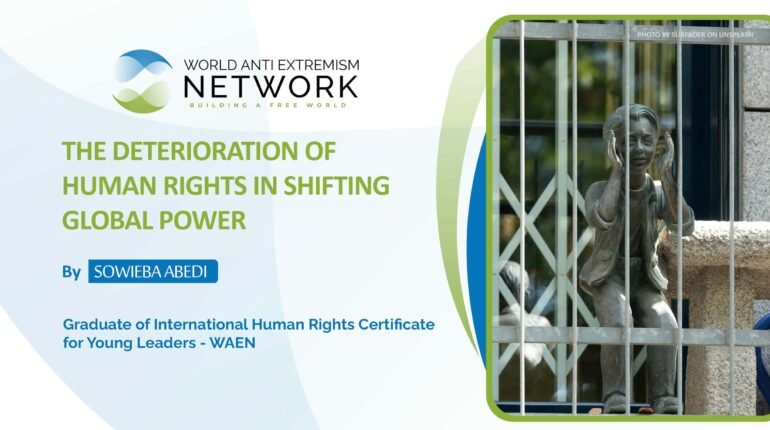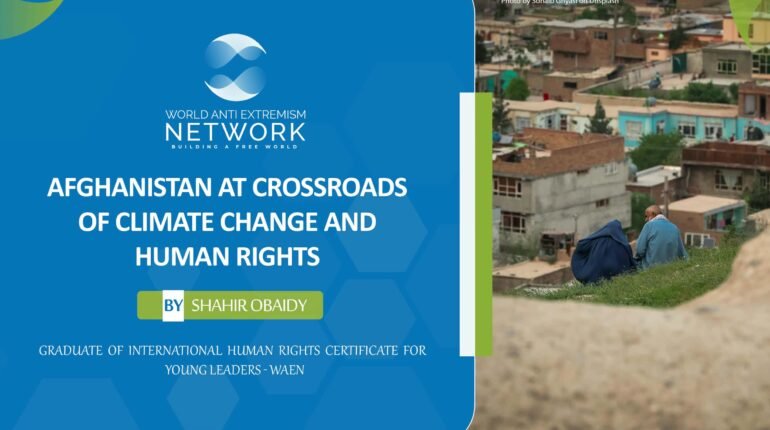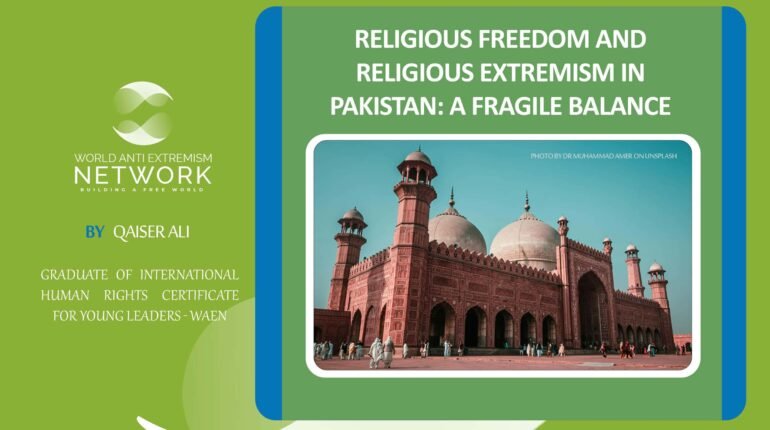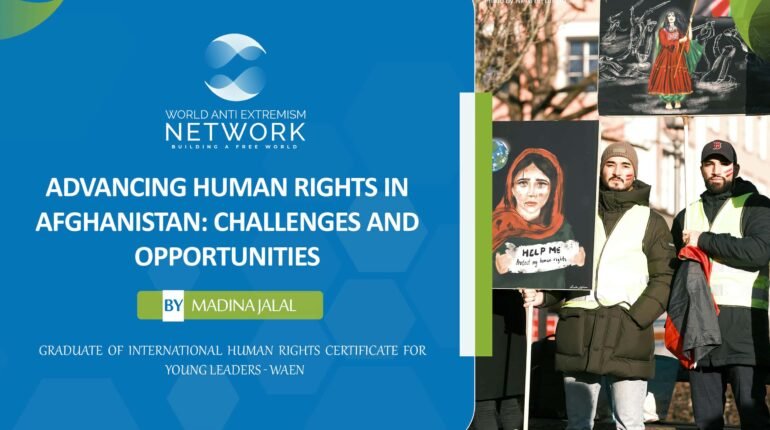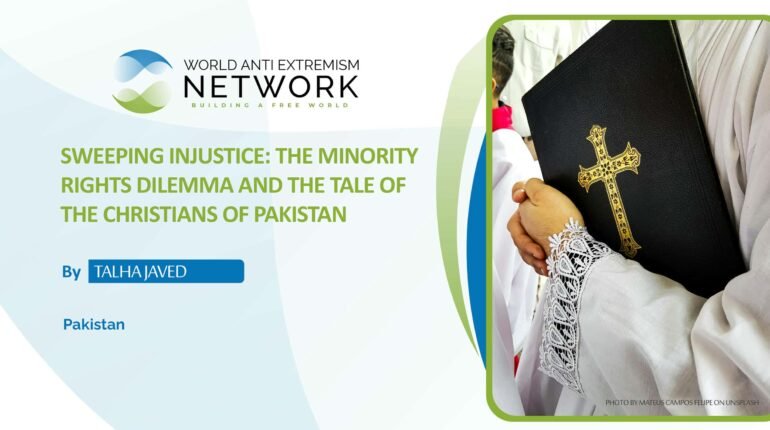Human Rights and Economic Marginalization of the Indian Community in Malaysia
- World Anti Extremism Network
- Human Rights and Economic Marginalization of the Indian Community in Malaysia
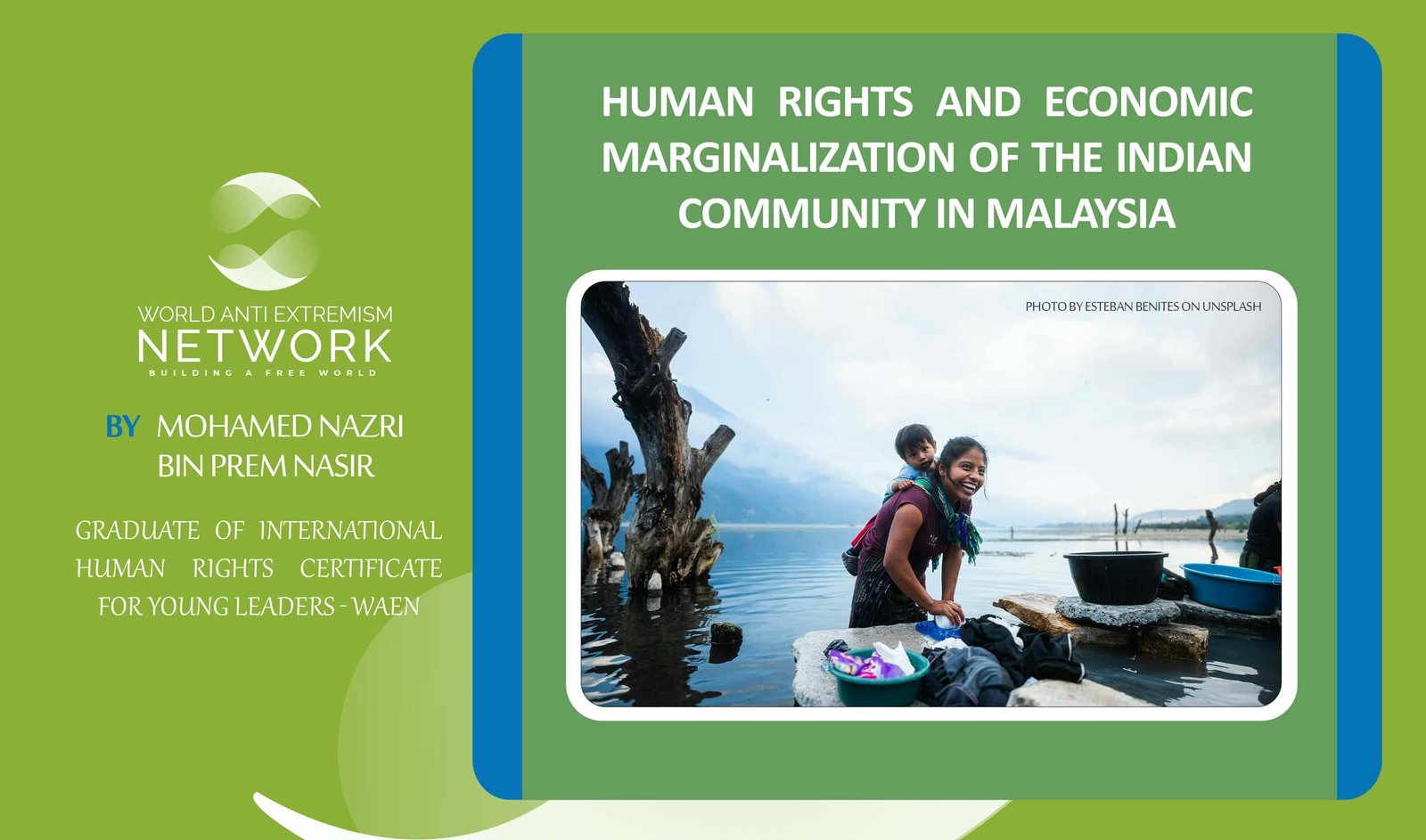
- Human Rights and Economic Marginalization of the Indian Community in Malaysia
- By Mohamed Nazri Bin Prem Nasir
- April 20, 2025
Share on:
The Indian community in Malaysia, comprising about 7% of the country’s population, has made significant contributions across various sectors, including the economy, society, and culture. Notable Indian Malaysians who have contributed to national success include Datuk M. Magendran and Datuk N. Mohanadas, the first Malaysians to conquer Mount Everest; Thinah Muralitharan, a badminton player who won Commonwealth Games gold in women’s doubles; Malaysia Vasudevan, a singer with an international following; and Tan Sri Samy Vellu, the longest-serving president of the Malaysian Indian Congress. Despite these achievements, members of the Indian community, especially those in the B40 low-income group, face persistent challenges stemming from economic marginalization. Barriers to quality education, secure housing, stable employment, and political participation have resulted in socioeconomic disparities that not only affect individuals but also contribute to a cycle of poverty impacting the community across generations. Addressing these issues is essential, as economic rights are fundamental human rights. Targeted interventions are needed to ensure that the economic rights of this community are recognized and protected.
Historical Roots of Economic Disparities
Indians were brought to Malaysia in the 19th and 20th centuries to work in plantations, construction, and various economic roles. During the British colonial era, a large portion of Indian laborers worked in the rubber plantation sector, where they lived in isolated and often impoverished conditions. Although Malaysia’s economy grew significantly after independence, many Indians in the country continue to face financial struggles due to limited access to social and economic opportunities. The closure of rubber estates and plantations forced many Indian laborers to relocate without adequate support systems. Additionally, lacking proper education, they faced challenges in securing stable employment and income.
Current Economic Realities: Employment and Income Inequality
Research and statistics reveal that many Indians, particularly those from low-income backgrounds, face considerable challenges in the labor market. A significant number are concentrated in low-wage jobs, including manufacturing, construction, and transportation. For instance, it is difficult to imagine how a family of four- a father working as a lorry driver, a mother, and two children can make ends meet with a single low income, covering rent, utility bills, food, and education expenses. While limited educational qualifications contribute to these economic challenges, a lack of access to professional networks and career opportunities also play a major role. This restriction on economic mobility impacts human rights and must be addressed to help individuals realize their full potential and achieve a better quality of life.
To address this issue, Malaysia should adopt policies that actively promote the inclusion of the Indian community in higher-income sectors. Programs focused on skills development should be specifically tailored to reach the Indian community more broadly, aiming to reduce unemployment and underemployment. Additionally, government education subsidies for Indian students would encourage greater educational attainment and increase the number of Indian graduates.
Education: Breaking the Cycle of Poverty
Education is a powerful tool for breaking the cycle of poverty and uplifting the Indian community in Malaysia. However, many Indian families face significant barriers to accessing quality education. Schools in rural and low-income areas often lack the necessary resources to provide a proper education. Students from Tamil schools, in particular, face academic challenges, especially when transitioning to high school, often due to language barriers and limited public speaking and training opportunities. Additionally, many parents may not fully understand the importance of higher education, which worsens the situation. Financial constraints lead some families to prioritize earning an income over continuing education. This is reflected in data from the Economic Planning Unit, which shows that fewer than 1 in 10 Indian Malaysian students from low-income households progress to tertiary education, compared to 3 in 10 among their Chinese peers.
To address these issues, targeted policies and programs should be implemented to increase the number of Indian graduates in Malaysia. These policies should focus on improving Tamil schools by ensuring an adequate number of qualified teachers, equipping classrooms with modern technology, and implementing programs for language and skill development. To further encourage tertiary education, the government could collaborate with local NGOs to conduct awareness programs on its importance. For example, the IPTA MY 1st Choice program, organized by Concerned University Malaya Indian Graduates for over 40 years, has successfully encouraged Indian students to pursue university education and increased the enrollment of Indian students in higher education institutions.
Housing: A Fundamental Right
Secure and affordable housing is essential for economic stability, yet it remains out of reach for many low-income Indian families. Rising property prices and urbanization have pushed many Indian households into poorly serviced neighborhoods. Specifically, poor urban Indians in areas like Kuala Lumpur and Selangor often live in cramped flats with limited space. This situation is especially difficult for large families living in small units, which can negatively impact children’s mental well-being.
Access to comfortable housing with adequate facilities is crucial for investing in children’s futures. The People’s Housing Project (PPR), introduced by the government to provide low-cost housing for low-income communities, has not fully addressed these needs. To improve housing access for the Indian community, expanding this project to include a specific allocation for Indian families could help ensure they have affordable housing, reducing financial strain. Additionally, a “1 Indian 1 House” rent-to-own scheme could be introduced to encourage home ownership among Indians, providing a more stable foundation for their future.
Bridging the Gap: Empowerment Through Entrepreneurship and Skills Training
One of the most effective ways to address economic marginalization is by promoting entrepreneurship and skills training within the Indian community. In recent years, the number of NGOs and social enterprises in Malaysia has grown, offering various programs and initiatives. However, the involvement of the Indian community in social entrepreneurship remains relatively low. Increasing the presence of social enterprises could not only boost economic opportunities but also enhance employability within the Indian community. Indian entrepreneurs have already achieved success in sectors like food, transportation, and small businesses. Yet, many still lack essential skills, such as digital marketing, and rely on traditional methods instead of cost-effective e-marketing tools. Additionally, there is limited participation among young Indian entrepreneurs despite the availability of various programs.
To encourage Indians to become successful entrepreneurs, more targeted programs should be developed for entrepreneurship skill-building. While the Malaysian Indian Transformation Unit (MITRA) has conducted numerous youth-oriented programs, it is essential to assess their impact and ensure alignment with current market needs. Programs should target not only young people but also working adults. Typically, entrepreneurship programs cover only basic skills, with minimal follow-up support once businesses are launched. A structured program offering ongoing guidance to new entrepreneurs would be highly beneficial. For instance, pairing young entrepreneurs with mentors from multinational companies could provide valuable insights and support to help them grow their businesses.
Community Support and Social Empowerment
Community-based organizations within the Indian Malaysian community have long played an essential role in supporting individuals facing economic challenges. For instance, the Malaysian Indian Youth Council has organized various programs aimed at the development of Indians in Malaysia. Since 1991, they have focused on empowering the community through education and economic initiatives. However, these efforts are often limited by resource constraints. Without adequate funding, many beneficial programs cannot be implemented, despite their potential to positively impact the Indian community. The government should consider increasing funding for such organizations to help expand these initiatives and make them more impactful. Additionally, government support in the form of guidance and collaboration could help identify key issues and create effective solutions. For example, the Malaysian Indian Youth Council, which has branches nationwide, could conduct community-based programs focused on skills training and development in targeted areas.
Conclusion: A Call for Targeted Interventions
The economic marginalization of the Indian community in Malaysia is not just an economic issue but a human rights concern. Access to equitable employment, quality education, affordable healthcare, and secure housing are essential rights that every citizen should enjoy. By addressing the historical and systemic barriers faced by the Indian community, Malaysia can make significant strides toward fostering inclusivity and equality for all its citizens.
To ensure economic stability within the Indian community, collaboration between the public and private sectors is essential. The government should identify key challenges and implement targeted strategies to address them. Government and institutional initiatives play a critical role in this effort, including improving conditions in Tamil schools, providing scholarships and educational subsidies, offering skills development programs and workshops, and introducing housing schemes to address the root causes of economic hardship. These initiatives have the potential to transform the community’s economic outlook. As someone from a middle-class Indian family, I believe these efforts are vital to breaking the cycle of poverty and building a brighter future for the next generation.

About the Author
Mohamed Nazri Bin Prem Nasir is a Bachelor of Law (LL.B) student at the University of Malaya and a recipient of the Karpal Singh Law Scholarship. He is dedicated to transforming the Indian community in Malaysia through education and serves as a member of the Federal Territory Youth Assembly. As the founder of Bina Malaysia and a member of the Malaysian Indian Youth Council, he has conducted various programs across Southeast Asia, positively impacting over 5,000 children in Malaysia. Nazri has been recognized with the Malaysia Premier Youth Award and the Education Advocacy Award from the Rythm Foundation. He represented Malaysia in the Empowering Youth Across ASEAN Cohort 4, organized by the ASEAN Foundation. Actively engaged in public speaking, he has addressed numerous programs focusing on education and youth development, with interviews and articles published in Astro Malaysia and RTM Malaysia.
The opinions expressed in these articles are solely those of the authors and do not reflect the views or positions of the organization. If you find any information incorrect, please contact (research@worldantiextremism.org), and we would be happy to assist you. You can download, distribute, and reuse this work, provided you credit the author and cite the original source.
Related Articles
Subscribe to our newsletter and stay updated.
Contact
Toronto, Ontario, M1L 0E5 Canada
Subscribe to our newsletter and stay updated.
Contact
Toronto, Ontario, M1L 0E5 Canada
Subscribe to our newsletter and stay updated.
Contact
Toronto, Ontario, M1L 0E5 Canada


